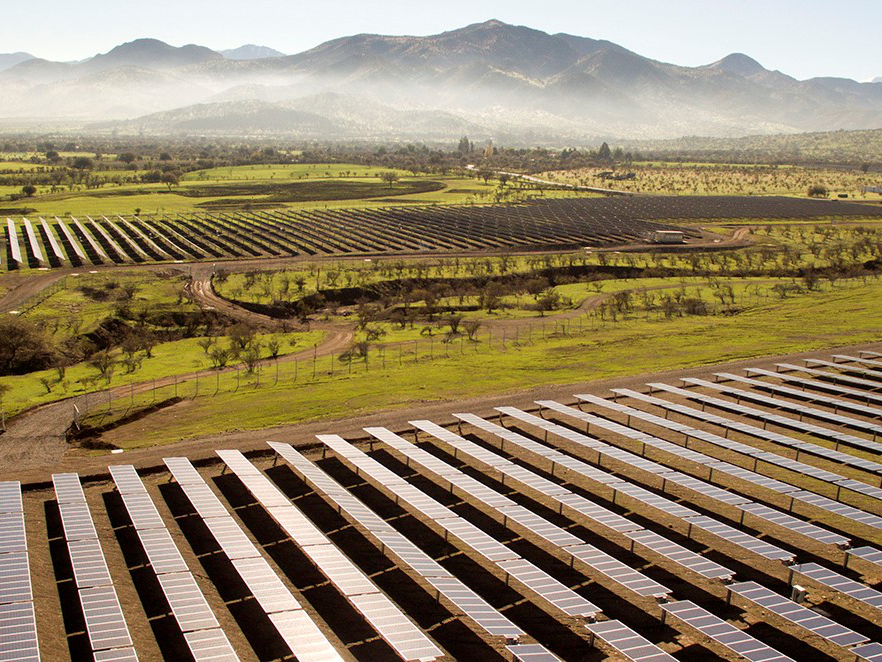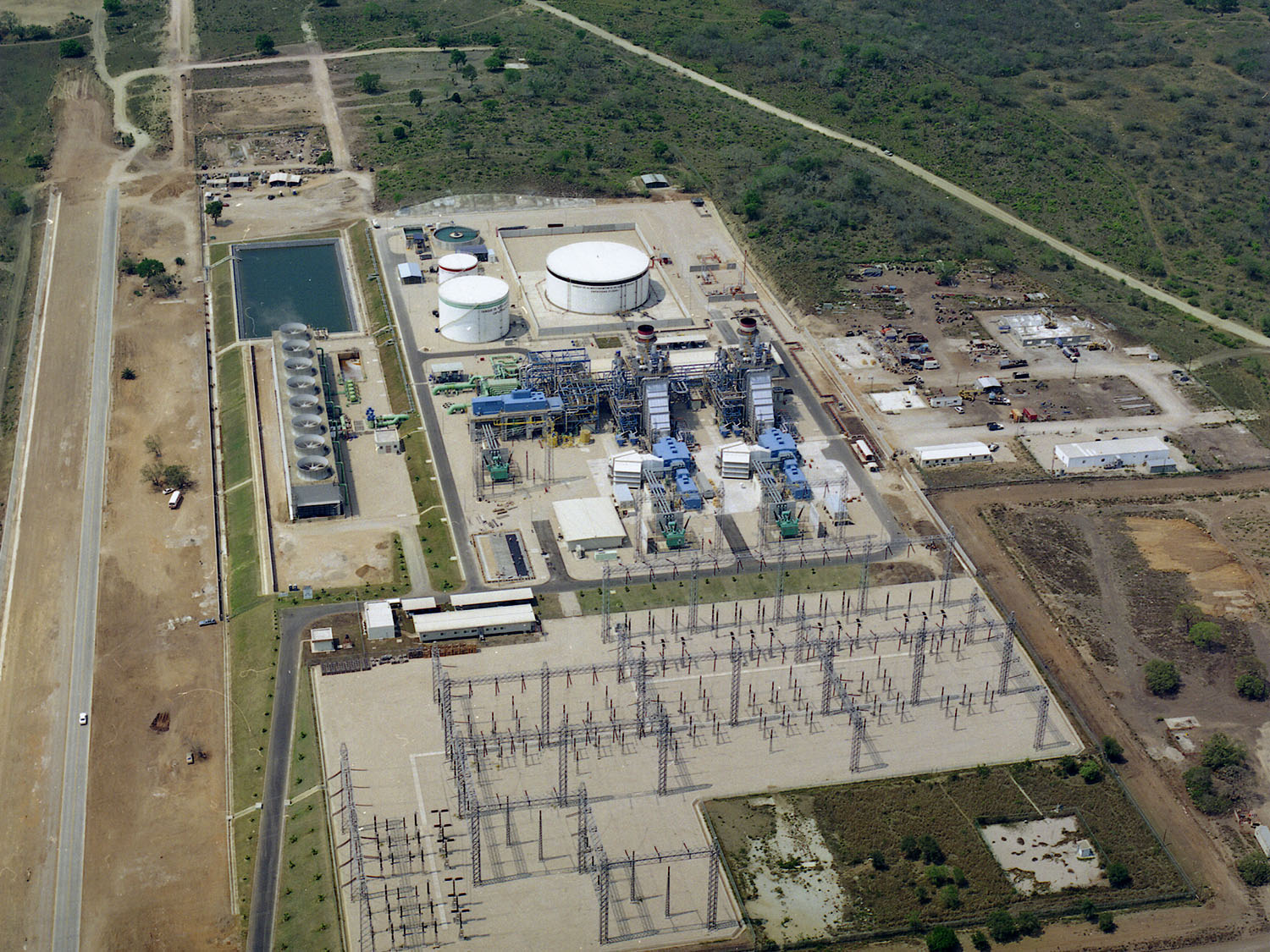Welcome to our latest Street View, the publication where we draw on the insights of our staff and key commercial partners around the world. This edition is all about ‘transition’ – energy transition to be precise.
In this edition of The Street View, we make the case that ‘Smart Olive’ is a viable path for emerging economies in the face of real world energy access crises in a number of our markets.
With sustainable investment in our DNA, and as a major player in the provision of power generation and distribution in emerging economies, every day we confront energy transition opportunities and challenges. This edition is as much about how the transition is delivered, as to why it is essential.
‘Smart Olive’ is Actis’ own terminology to categorise assets which can be adapted to have a role in a net-zero world. We consider that ‘green’ assets have a clear role in a global net-zero economy, while other sectors, like coal and oil power, require shifting away from if we are going to achieve a net-zero economy. But bridging the two needs a pragmatic pathway: the bridge is ‘Smart Olive’ in our taxonomy. ‘Smart Olive’ assets can be future proofed, decarbonised, protected from stranded asset risk, and made more efficient and more resilient. Actis believes ‘Smart Olive’ assets are key to accelerate the Energy Transition.
In this edition of The Street View, we make the case that ‘Smart Olive’ is a viable path for emerging economies in the face of real world energy access crises in a number of our markets.
With sustainable investment in our DNA, and as a major player in the provision of power generation and distribution in emerging economies, every day we confront energy transition opportunities and challenges. This edition is as much about how the transition is delivered, as to why it is essential.
We do not believe full decarbonisation is feasible or fair without a transitional period where gas plays an important role. This may run counter to perceived wisdom-read the articles from GE Renewable Energy and Damilola Ogunbiyi, Co-chair of UN-Energy. Our preferred and recommended path is what we dub ‘Smart Olive’, where we mix pure green investments with those capable of full transition over time. We are very conscious of the need for a ‘Just Transition’-one where poorer countries do not have to adapt overnight to the priorities of post-industrial nation states.
This view may be controversial. I recommend reading the articles kindly written for us by Anne McEntee and Martin O’Neill of GE Renewable Energy, Damilola’s input and the views of our partners from Africa (Jennifer Boca of Lekela Power and Libby Hirshon of BioTherm Energy plus our own Lisa Pinsley). I’d direct you towards the pieces from Katherine Stodulka and Mark Meldrum of SYSTEMIQ in Asia and José Arruda Jr. in our São Paulo office before accepting conventional wisdom which holds there is no future for gas in a carbon-zero world. We don’t believe this argument has legitimacy without a transition period. To believe otherwise is to believe that countries will put global issues in front of national priorities. And, in any case, technology provides a wide range of opportunity to apply gas with a diminishing pollutant output.
Central to the energy transition are the needs of the private and public sector investments needed to deliver net zero. Our Senior Partner Torbjorn Caesar and Shami Nissan, Head of Sustainability explore this topic and the ability of Actis to marry investor expectations and social imperatives.
A few individual prejudices to end this introduction. Post pandemic public sector budgets and fiscal head space for long term investment are severely limited. This makes effective regulation and government support even more important. The penalties of getting this wrong are seen in the hydro deficit of Brazil, which combines the largest rainforest in the world with a severe hydro crisis.
Commitment is essential on all levels. Read the interview between Roger Fisk former Communications Strategist in the Obama Presidency for a behind the scenes look at global conferences such as the forthcoming COP26 meeting in Glasgow. Roger notes how the real work goes on away from the stage managed photo shoot opportunity. This is a global conference reality.
Without the involvement of Asia in general and China and India in particular, global net zero is unachievable. These are the main geographic sources of emissions. Happily, despite differences of opinion in most subjects, delivering a cleaner future for citizens is a priority of Presidents Xi and Biden.
Lastly, incentives matter. Archer Kilpatrick from our London office points to progress on carbon pricing. Personally I strongly agree with the IMF that charging emitters a price that encourages clean up remains the most successful route to net zero, far outmuscling investor boycotts.
A final word-this edition has been led by Shami Nissan and James Magor from our Sustainable Investing team. If, as I hope you read this edition, you are inspired by the detail and messages, they deserve the praise.







